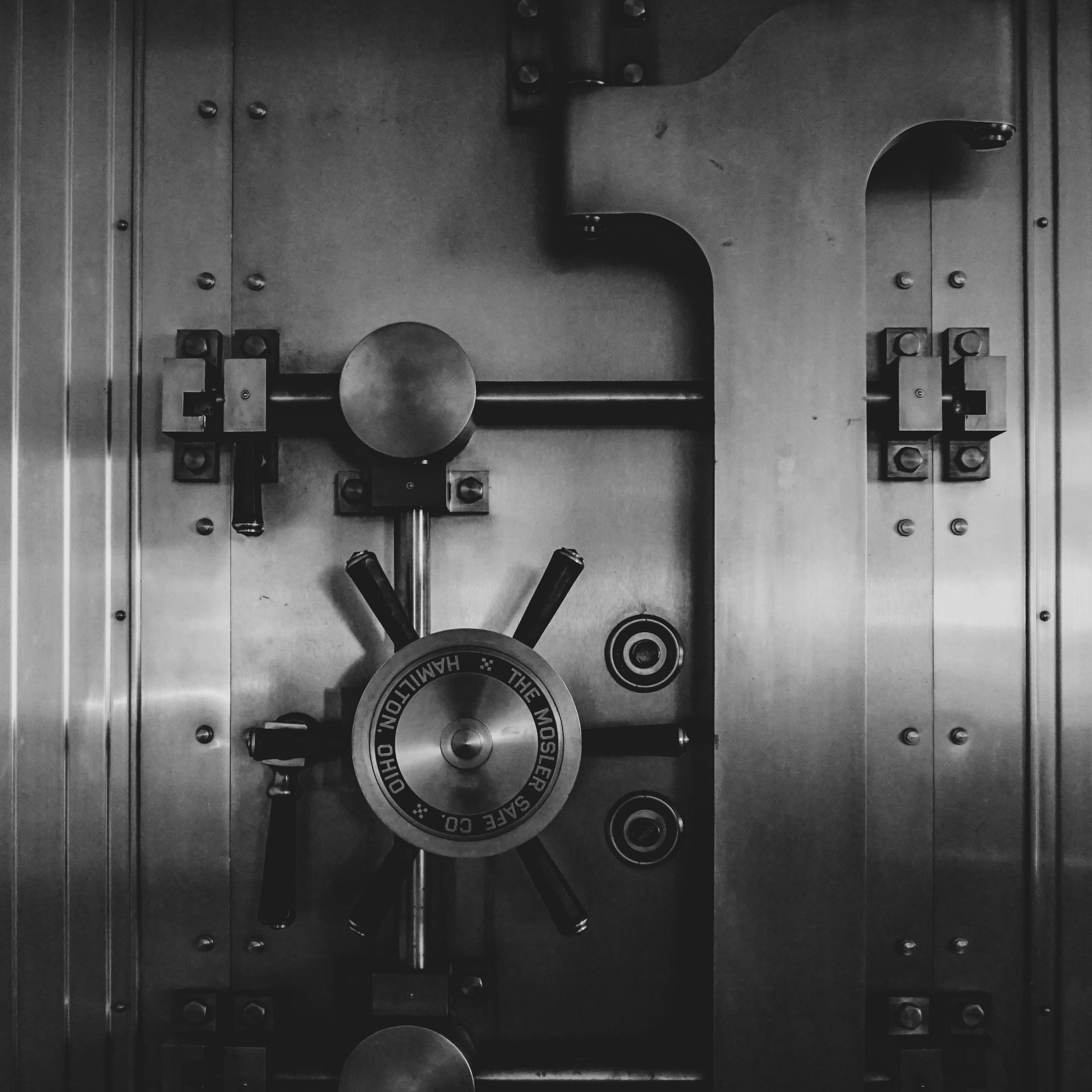Written by Syan Bateman
In the previous part of the Password Protection series, we looked at how you can create strong passwords to help protect your accounts. In this part, we’ll take a closer look at how to keep track of your passwords with password managers.
What is a password manager?
A password manager is a software that generates, stores, and manages passwords that a user has for all of their accounts. Your browser has one, as does your phone, and sometimes your computer.
The password manager will encrypt all of your passwords, which can then be decrypted and accessed by a master password. If you are using a password manager app on your phone, such as Microsoft Authenticator, you may also be able to use your fingerprint as the master password.
The passwords may be stored on the cloud, or on the local device.
Many people use cloud-based storage, so that the passwords will be accessible from any device. The passwords will be kept safe and secure even if the device is lost, broken, or hacked.
However, some people prefer device-based storage, because it ensures that the passwords remain safe, even if the company is hacked, provided the device remains safe.
Which password manager to choose?
The more advanced the manager, the more secure it is (or should be), and the more bells and whistles it has.
Some managers create new, random and very strong passwords for all your accounts. They often fill in your login details as well, and some store your personal information, like your credit card number.
Because the manager will keep all of your passwords, it’s important that it has top tier security. This means the company should pride itself on its cyber security and encryption. It also means that the manager should use Multi-factor authentication (MFA), which we’ll go into in more detail in the next part.
Some managers that use a subscription model, and others use a one-time payment system, but there are plenty of free options available. Many paid password managers will have a free version available, albeit with only some basic features.
For more information on ensuring good cybersecurity, or on how to implement it for you or your company, contact us at info@bivika.com.


No responses yet